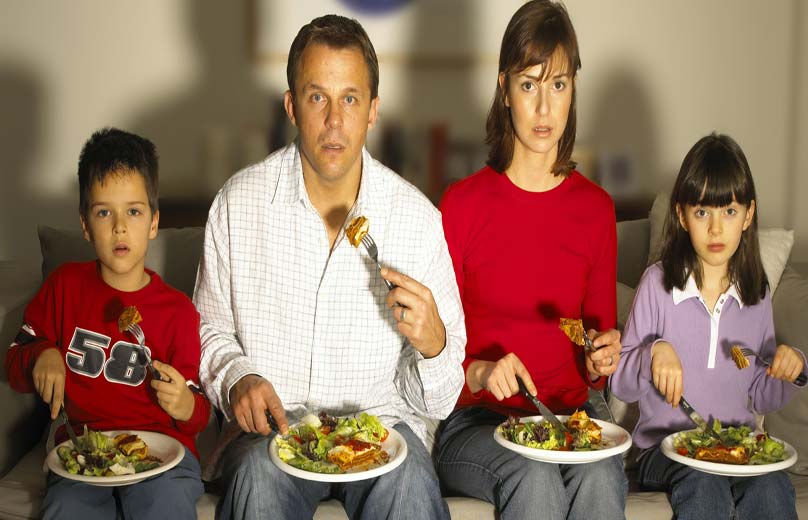Ten Ways to Be Media Savvy
In today’s world, we constantly encounter the media when we drive down the highway and see a billboard, when we see an advertisement on a bus, constant SEO driven marketing and web marketing when we read magazines online or at home or in a waiting room or of course when we watch TV. Therefore, it is essential to learn to be media savvy.
Being media savvy means knowing how to look critically at the images and messages in the media. It means understanding that media are created through conscious, specific decision-making processes primarily part of for-profit ventures. It also means being less vulnerable to manipulation by the media. Below are ten ways to navigate digital marketing and be media savvy.














